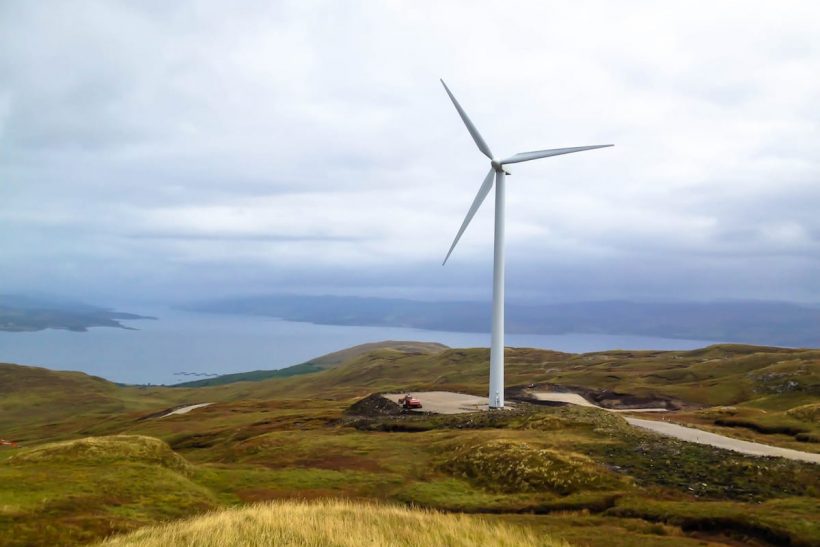A new report fears misuse of evidence will endanger vulnerable areas
A new Mountaineering Scotland report has challenged claims that wind farms have no harmful effect on tourism. While it agrees that most have no effect, it attacks misleading use of evidence – examples are sometimes taken where wind farms have no effect, and applied to areas where a very significant effect is likely.
The report, by former Mountaineering Scotland director for landscape and planning Dr Dave Gordon, concludes that there is “no simple answer to the question of whether wind farms affect tourism (or recreation)”. However, it points out that “the main adverse effect of wind farms on tourism, thus far, is displacement within Scotland from areas perceived as ‘spoilt’ to areas seen as still retaining the desired sense of naturalness”.
Dr Gordon’s report begins by stating: “Proponents of wind farms would have us believe that tourism impacts are negligible. Opponents would have us believe that the destruction of tourism in Scotland is nigh. Neither position is at all tenable.”
Misuse of evidence
His concern is that areas essential to landscape-centred tourism will suffer if evidence from less vulnerable areas is misused to justify development in more sensitive landscapes.
“It’s quite true that the evidence is that most wind farms have no measurable effect on tourism. This is the evidence that wind farm developers emphasise when arguing for new developments,” Dr Gordon said.
“But there are situations where wind farms would affect tourism – where the tourist economy is dependent on unspoilt landscapes and a sense of wildness and open space. These are often also economically vulnerable areas where any impact on tourism could be locally substantial.
“Mountaineering Scotland has objected to under five per cent of wind farm applications, which have been in areas where mountain landscape is a prime attraction.
“Most wind farms Mountaineering Scotland has objected to on the grounds of mountaineering tourism impact have been refused or withdrawn. Only eight have been consented, and only two were operational by the end of 2016.
“Where applications have been refused or the wind farms not yet built, there can be no evidence of an effect on tourism, but it would be totally wrong to use this as justification for a wind farm in the wrong place.
“My real fear is that developers and their proponents cite research reports which use evidence from non-sensitive areas to claim that wind farms will have no effect on tourism in areas which may be very sensitive indeed. In essence, that research doesn’t prove anything of relevance to those sensitive areas.”
Read the report in full here.
mountaineering.scot
Image / Shutterstock








